President attends ethnic minority's holiday
The national holiday of the Bunjevci ethnic minority was celebrated on November 25 in the town of Subotica, in the presence of President Tomislav Nikolić.
Tuesday, 26.11.2013.
12:39

SUBOTICA The national holiday of the Bunjevci ethnic minority was celebrated on November 25 in the town of Subotica, in the presence of President Tomislav Nikolic. Nikolic addressed the gathering to say said that Serbia recognizes Bunjevci as an autochthonous South Slavic people. President attends ethnic minority's holiday “You are neither Serbs nor Croats but an authentic Slavic ethnicity that has all the attributes of individuality and uniqueness, its own cultural identity, folklore and historical heritage,” the president said at the ceremony held at the Subotica town hall. He emphasized that Serbia has do more to preserve Bunjevci’s originality and stated that the standardization of the Bunjevci dialect and opening of several school departments for education in this dialect (ikavica) are a priority. “Nobody should ever be allowed to put the house that you and we share together in danger. You have deserved it thanks to your attitude towards Serbia,” Nikolic said. Suzana Kujundzic-Ostojic, chairwoman of the interim body representing the Bunjevci ethnic minority, said that Bunjevci chose as their holiday the day when an assembly of Serbs, Bunjevci, and other Slavs of Vojvodina proclaimed the unification of the territory of Vojvodina with the Kingdom of Serbia following the end of World War I in 1918. The November 25 assembly numbered 757 deputies, 84 of whom were Bunjevci, she noted. Kujundzic-Ostojic recalled that in 1945, in the wake of World War II, the communist regime issued a decree under which the property of Bunjevci was nationalized and they were "ordered to declare themselves as Croats." In 1918, she said, the number of Bunjevci in Serbia was 84,000, but the communist policy reduced them to only 16,500 and they only acquired the right to declare their ethnicity freely in the 1990’s. The Bunjevci National Council was set up in 2003. A total 16 Bunjevci institutions, monthly newspapers and three radio and one TV station have been established since, and about 360 students are receiving education about this ethnic minority's dialect with elements of national culture in schools in Subotica and the city of Sombor. Their institutions, however, are faced with financial difficulties, said Kujundzic-Ostojic, and urged the President Nikolic to use his influence and help solve these problems as soon as possible to ensure a better future for the ethnic community. (Tanjug) Tanjug
President attends ethnic minority's holiday
“You are neither Serbs nor Croats but an authentic Slavic ethnicity that has all the attributes of individuality and uniqueness, its own cultural identity, folklore and historical heritage,” the president said at the ceremony held at the Subotica town hall.He emphasized that Serbia has do more to preserve Bunjevci’s originality and stated that the standardization of the Bunjevci dialect and opening of several school departments for education in this dialect (ikavica) are a priority.
“Nobody should ever be allowed to put the house that you and we share together in danger. You have deserved it thanks to your attitude towards Serbia,” Nikolić said.
Suzana Kujundžić-Ostojić, chairwoman of the interim body representing the Bunjevci ethnic minority, said that Bunjevci chose as their holiday the day when an assembly of Serbs, Bunjevci, and other Slavs of Vojvodina proclaimed the unification of the territory of Vojvodina with the Kingdom of Serbia following the end of World War I in 1918.
The November 25 assembly numbered 757 deputies, 84 of whom were Bunjevci, she noted.
Kujundžić-Ostojić recalled that in 1945, in the wake of World War II, the communist regime issued a decree under which the property of Bunjevci was nationalized and they were "ordered to declare themselves as Croats."
In 1918, she said, the number of Bunjevci in Serbia was 84,000, but the communist policy reduced them to only 16,500 and they only acquired the right to declare their ethnicity freely in the 1990’s.
The Bunjevci National Council was set up in 2003. A total 16 Bunjevci institutions, monthly newspapers and three radio and one TV station have been established since, and about 360 students are receiving education about this ethnic minority's dialect with elements of national culture in schools in Subotica and the city of Sombor.
Their institutions, however, are faced with financial difficulties, said Kujundžić-Ostojić, and urged the President Nikolić to use his influence and help solve these problems as soon as possible to ensure a better future for the ethnic community.










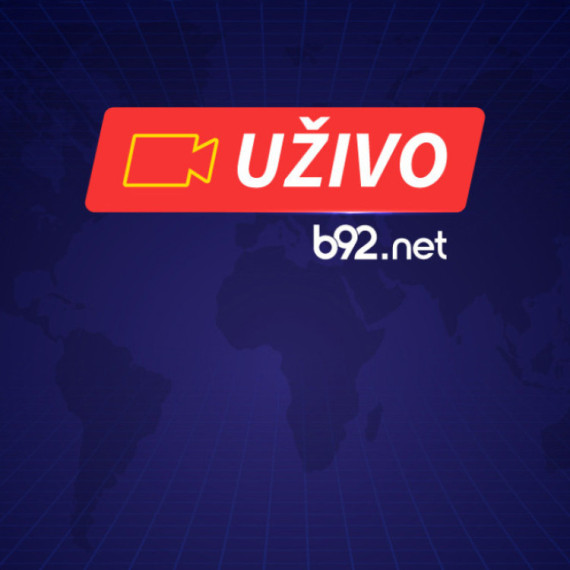
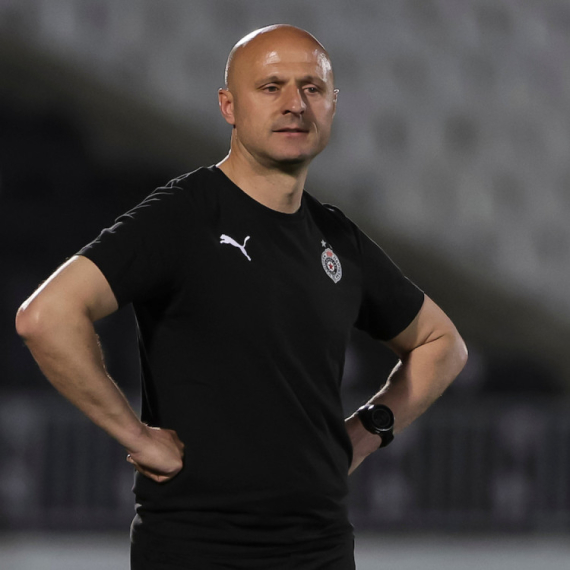
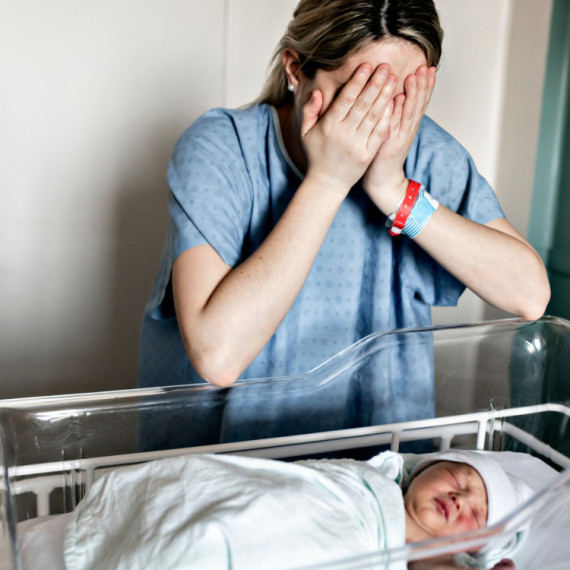
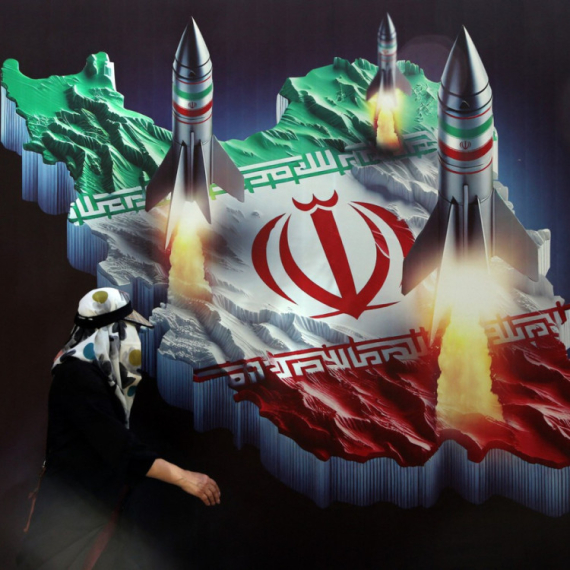
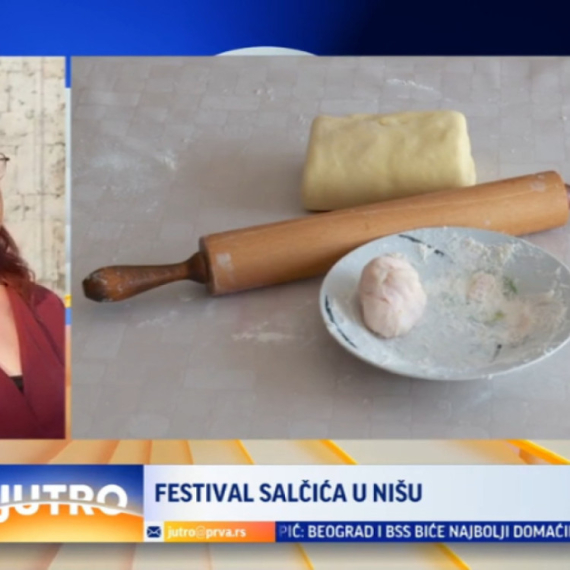
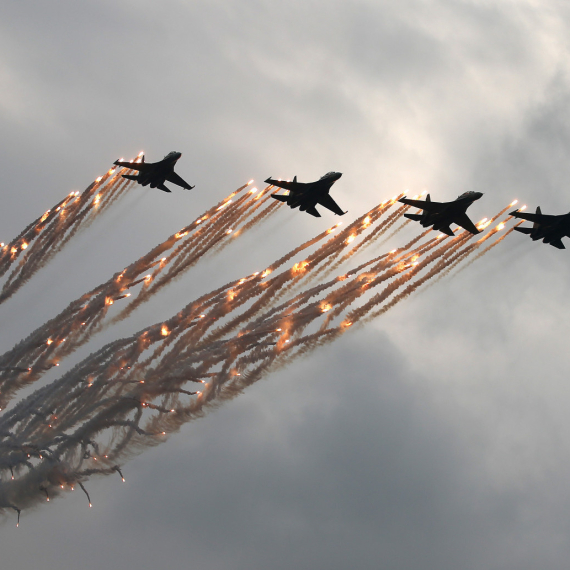
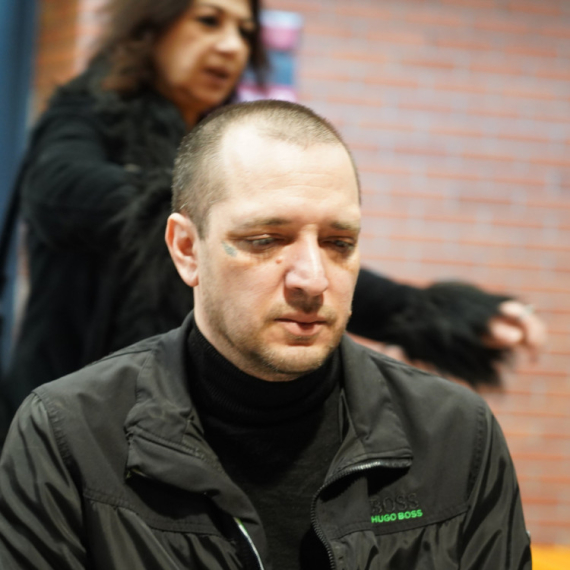
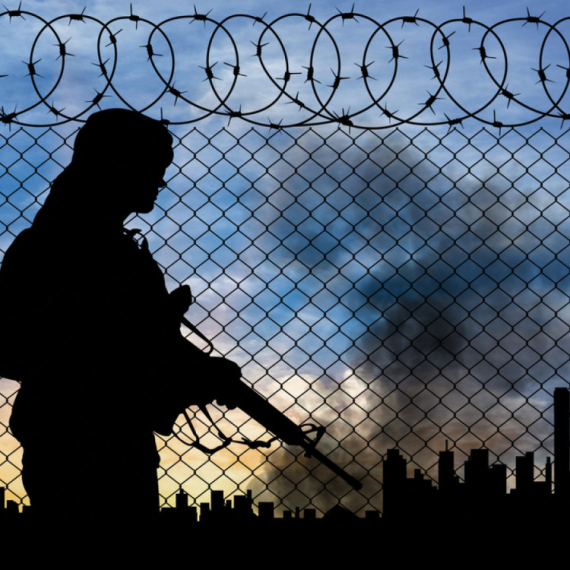
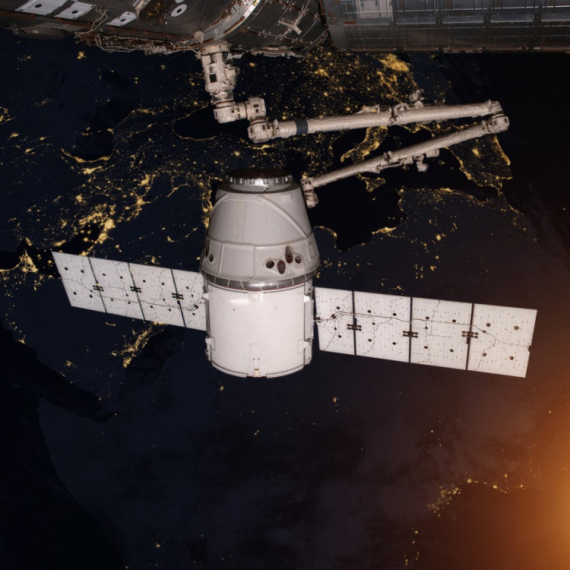






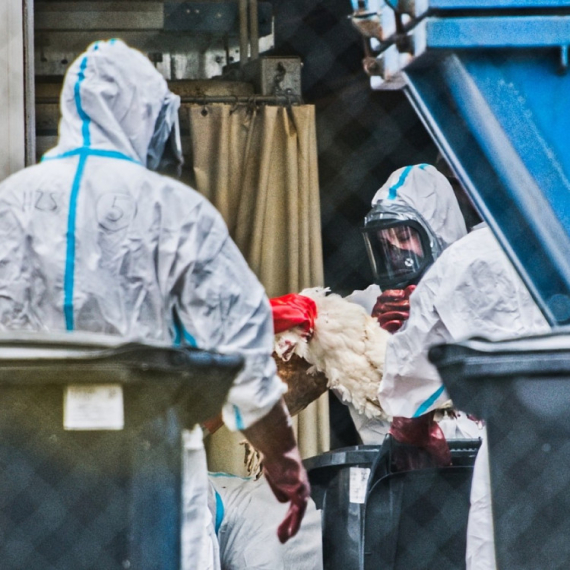













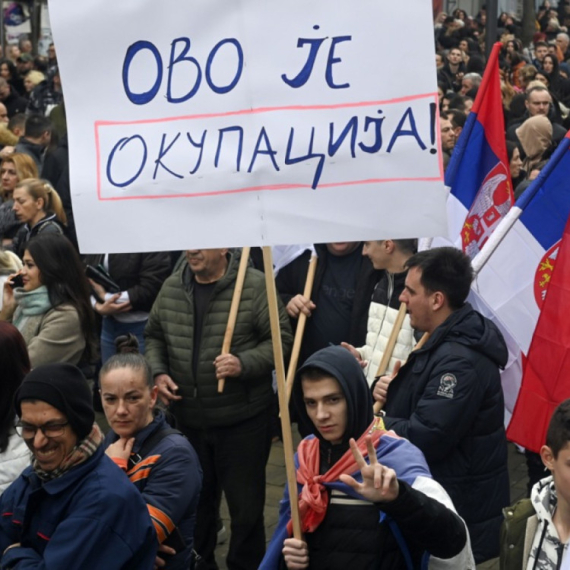
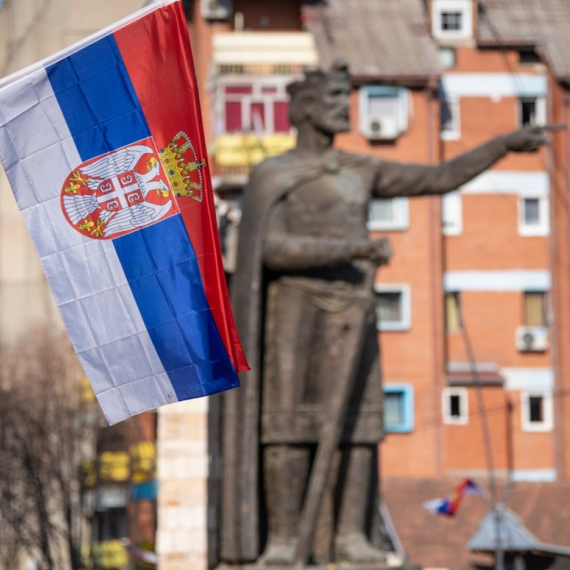






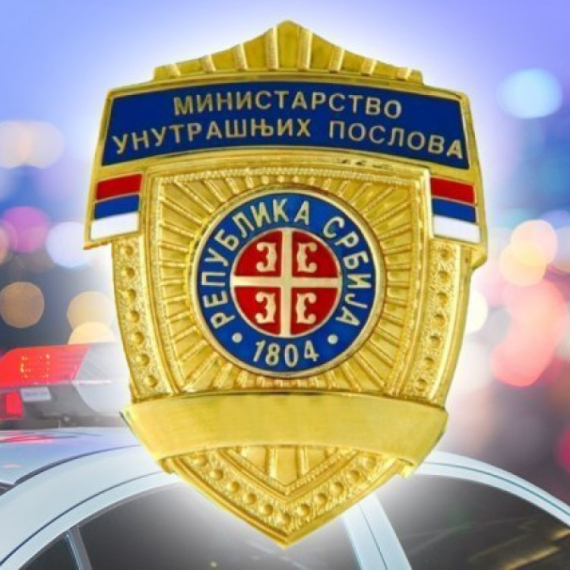



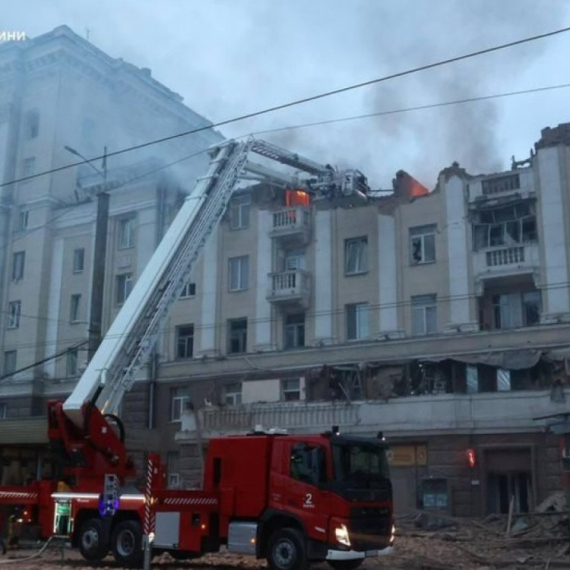
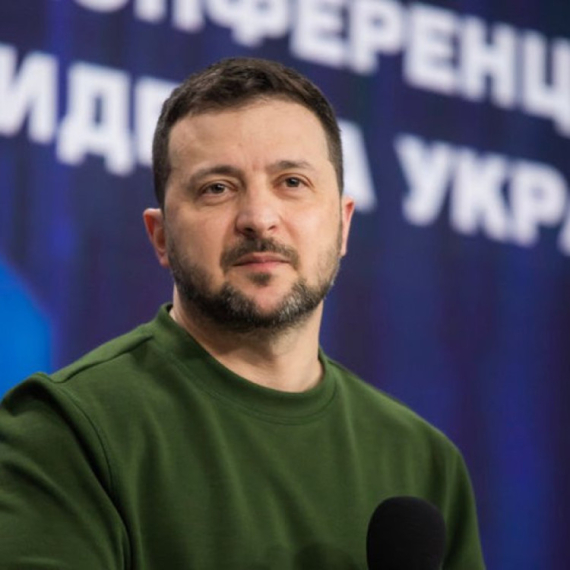
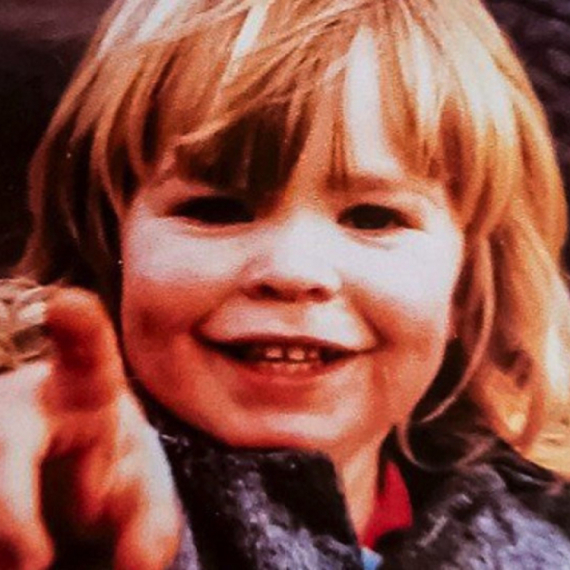
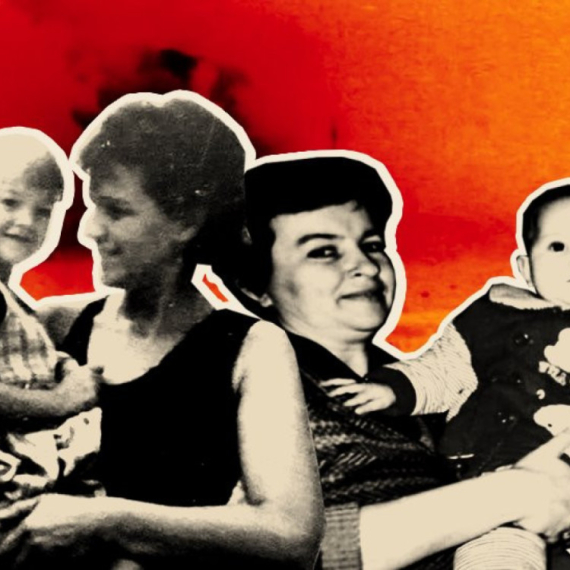
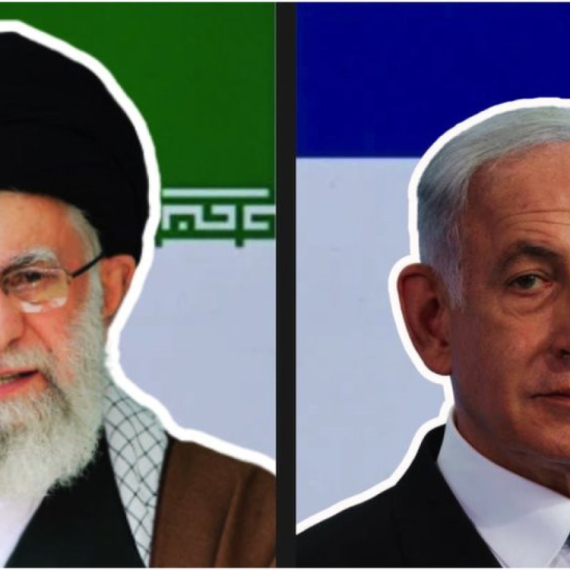

Komentari 5
Pogledaj komentare